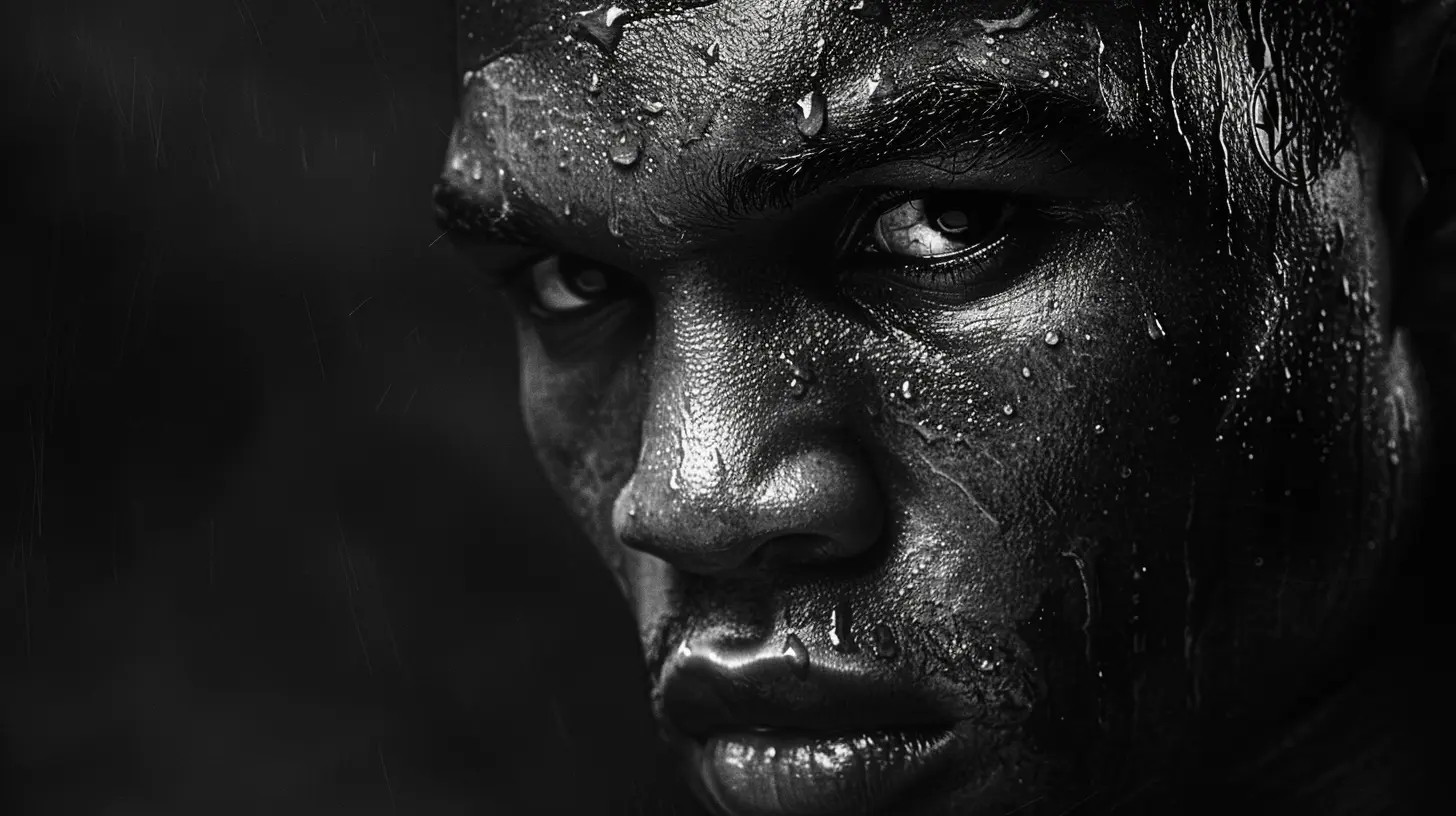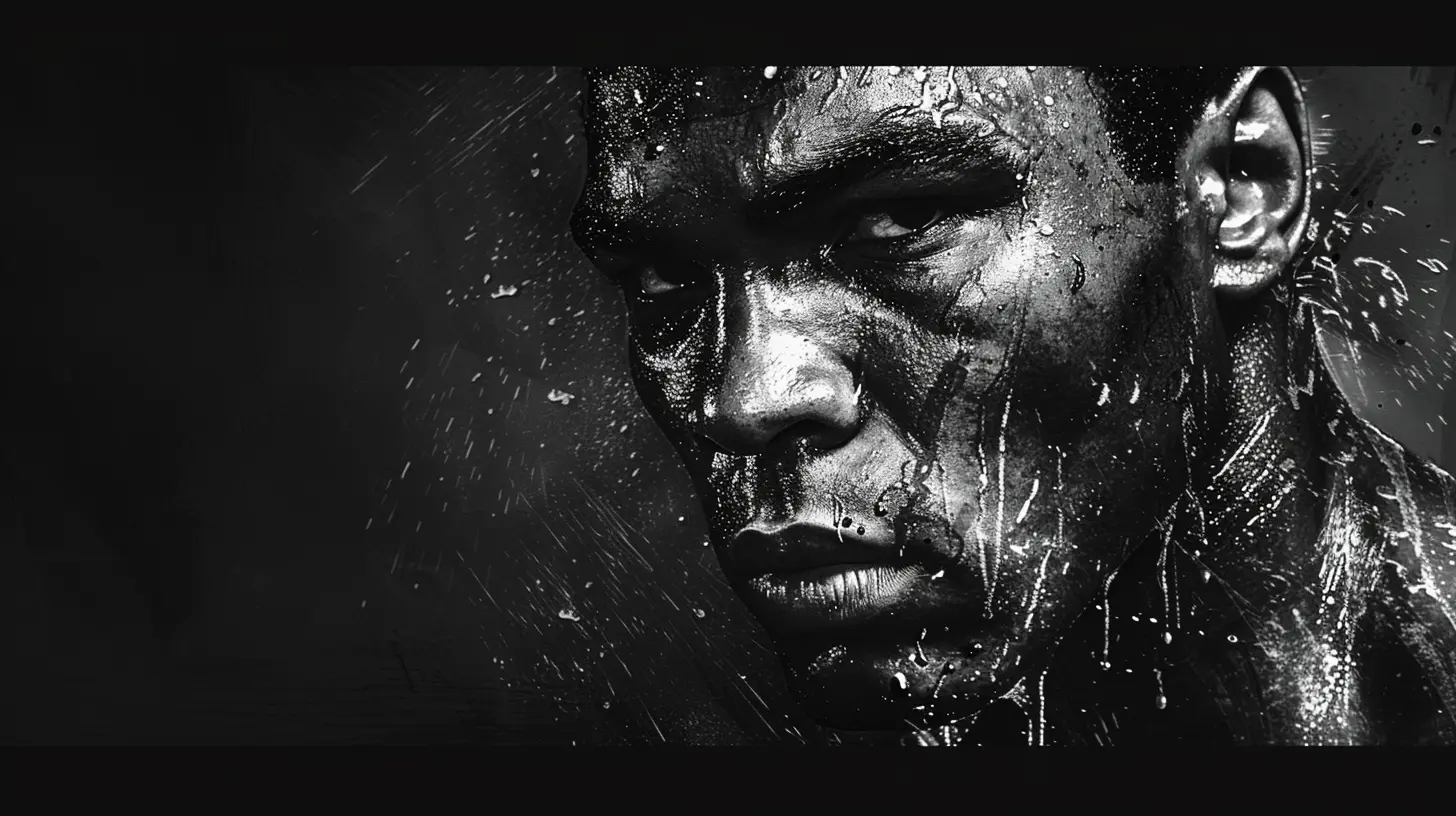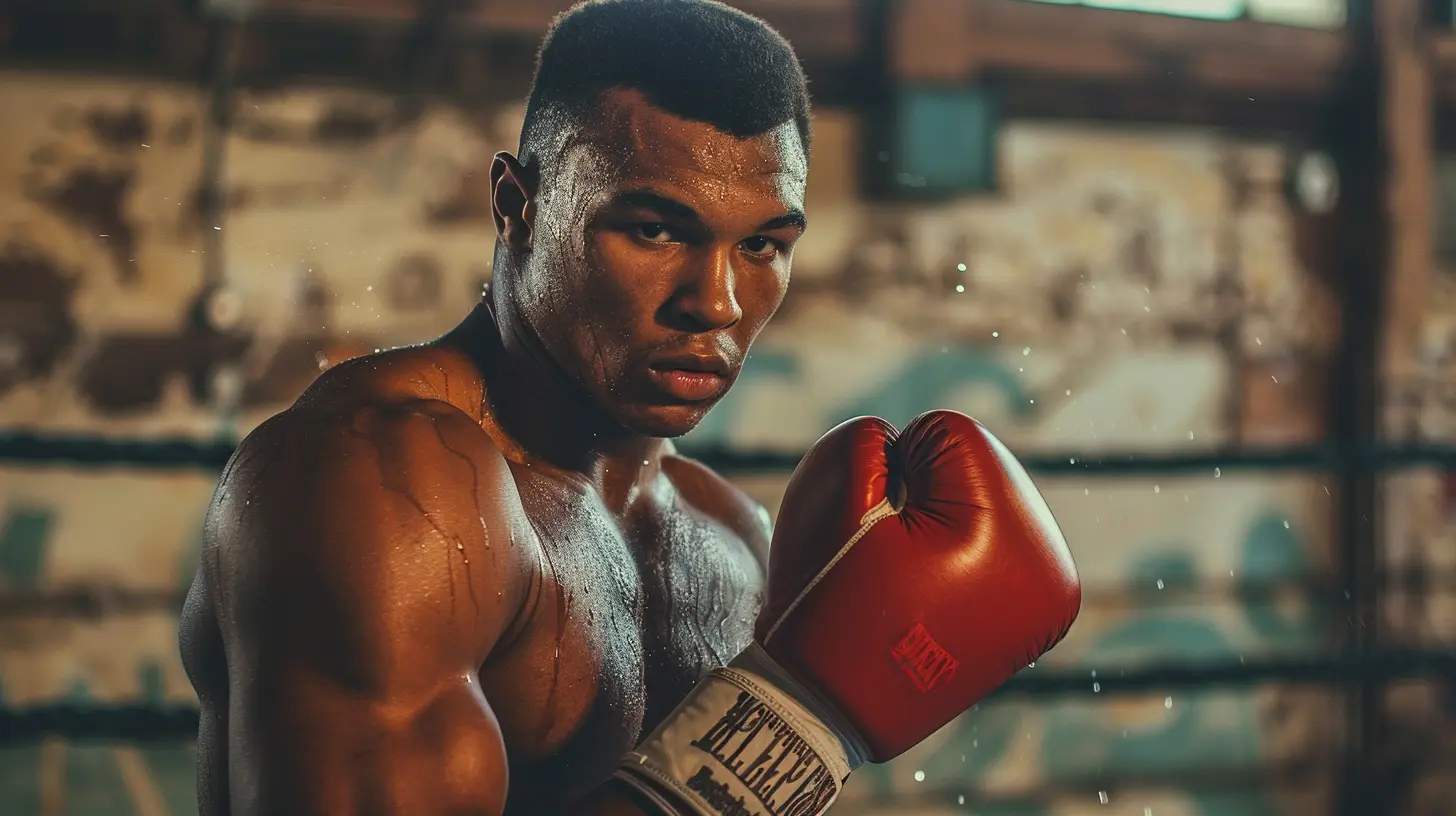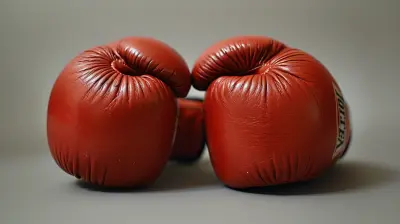The Legacy of Muhammad Ali: More Than Just a Boxer
16 August 2025
If you think Muhammad Ali was just a guy who punched people in a ring, then oh man, are you in for a surprise. Sure, he was a heavyweight champion and arguably the greatest boxer to ever lace up gloves, but Ali's story punches way deeper than just sports. His influence stretched far beyond the ropes—touching civil rights, culture, religion, and even global politics.
So, grab your mental gloves and step into the ring with us as we dive into the incredible legacy of Muhammad Ali, the man who floated like a butterfly, stung like a bee, and changed the world with more than his fists.
Who Was Muhammad Ali?
Let’s start with the basics. Muhammad Ali, originally born Cassius Marcellus Clay Jr. in 1942, was a boxing phenom from Louisville, Kentucky. We’re talking about a guy who won a gold medal in the 1960 Olympics, became the World Heavyweight Champion at just 22, and had a professional record of 56 wins and only 5 losses. Yeah, those are GOAT-level numbers.But Ali wasn’t just a collection of stats and belts—he was personality, charisma, and courage all rolled into one. This was a man who talked big and backed it up. He called himself “The Greatest,” and few dared to argue.
Ali’s Impact in the Ring
Redefining Boxing
Ali didn’t just win—he changed the way boxing was perceived. Before him, heavyweights were mostly sluggers. Think slow, steady, and brute strength. Ali came in like a tornado—fast footwork, lightning jabs, and moves that made him look like he was dancing. You didn’t just watch his fights; you experienced them.He made boxing poetic. His pre-fight rhymes, confident predictions, and shiny charisma brought eyes to the sport from every corner of the globe.
Unforgettable Fights
How can we not mention the legendary bouts?- The Fight of the Century (1971) – Ali vs. Joe Frazier. Two undefeated champions? Fireworks.
- The Rumble in the Jungle (1974) – Ali defeats George Foreman using the iconic “rope-a-dope” strategy in Zaire. Legendary stuff.
- The Thrilla in Manila (1975) – A brutal third match with Frazier. Many fans say it's the greatest boxing match of all time.
Ali didn’t just win. He made every bout an emotional rollercoaster. And man, people were invested.
The Name Change That Shook the World
In 1964, after winning the heavyweight title, Ali converted to Islam and changed his name from Cassius Clay to Muhammad Ali. This wasn’t just a name change—it was a declaration of identity, pride, and resistance.Clay was a “slave name,” he said. He didn’t want to carry the name given to his ancestors by slave owners. Instead, he took on a name that reflected his faith and beliefs. And, of course, this caused a media storm.
But through it all, Ali stood firm. He refused to be anyone other than his authentic self, even when it cost him public support.
Standing Up and Speaking Out
Here’s where Ali becomes not just a sports icon but a cultural one.Refusing the Draft
In 1967, smack in the middle of his boxing prime, Ali refused to be drafted into the Vietnam War. “I ain’t got no quarrel with them Viet Cong,” he famously said.Let’s be real—this was a huge risk. The government stripped him of his boxing license and title. He faced a possible five-year prison sentence. For four years, he couldn’t fight. FOUR YEARS—gone.
But Ali stuck to his guns. He believed the war was unjust and refused to compromise his principles. Who else does that during their career peak?
Civil Rights and Activism
Ali wasn’t just an activist by accident. He was very intentional. He marched with Martin Luther King Jr., spoke out against racial inequality, and became a symbol of Black pride around the world.He used his fame to amplify voices and issues that most athletes wouldn’t touch with a ten-foot jab. Back before it became “trendy” to speak out, Ali was taking the hits—literally and figuratively.
Ali’s Global Influence
International Humanitarian
After his boxing career, Ali didn’t just fade into the sunset. He took on a new role—humanitarian. He traveled the world, often to war-torn or struggling areas, promoting peace, understanding, and Islam.He visited South Africa during apartheid, went to Iraq to negotiate the release of hostages, and helped deliver medical supplies to Cuba. The man was everywhere, and people listened—not because of his punches, but because of his presence.
Embraced by the World
Ali’s reach was insane. In Africa, they chanted his name. In the Middle East, they embraced him as a hero. In Europe, he packed stadiums.He wasn't just America’s champion—he became the world’s champion. And that’s a rare crown to wear.
The Fight Against Parkinson’s
In 1984, Ali was diagnosed with Parkinson’s disease—likely brought on by years of absorbing punches in the ring. But did he hide away? Nope.He turned this personal challenge into another platform. He raised millions for Parkinson’s research, spoke publicly about his condition, and inspired millions facing their own battles.
Even when his voice trembled and his hands shook, Ali stood tall. Remember when he lit the Olympic torch in 1996? Goosebumps, right?
A Legacy That Transcends Boxing
So, what does all this mean? It means that Muhammad Ali gave us more than knockouts and titles—he gave us courage, conviction, and charisma.He made it okay for athletes to have a voice. He showed that sports figures can be activists. He taught generations to stand up—even if you're standing alone.
Cultural Icon
From hip-hop lyrics to Hollywood movies, Ali’s influence is everywhere. People quote him like scripture and wear his image like a badge of honor. His story has been told in documentaries, school classrooms, and back-alley gyms.Role Model for Athletes
Today’s stars—LeBron James, Serena Williams, Colin Kaepernick—they all owe something to Ali. He paved the way. He made it acceptable—even admirable—for athletes to stand for something beyond their sport.Ali Quotes That Still Inspire
Words fail to capture the man, but some of his quotes come pretty close. Let’s end with a few that still hit home:- “He who is not courageous enough to take risks will accomplish nothing in life.”
- “I am the greatest. I said that even before I knew I was.”
- “Service to others is the rent you pay for your room here on earth.”
Yeah, the man had bars.
Final Thoughts
So, was Muhammad Ali just a boxer? Nah. He was a fighter in every sense of the word.In the ring, he dazzled us with speed, power, and flair. Outside the ring, he inspired us with his values, courage, and relentless pursuit of justice.
He wasn’t perfect. He had flaws and made mistakes. But doesn’t that make his story even more relatable? Even more powerful?
Ali didn’t just fight opponents—he fought systems. He fought expectations. He fought a world not yet ready for someone like him.
And in doing so, he became more than just a legend—he became a legacy.
all images in this post were generated using AI tools
Category:
BoxingAuthor:

Onyx Frye
Discussion
rate this article
1 comments
Zarev Torres
Muhammad Ali's impact transcends the ring; his courage, activism, and resilience inspire us all. His legacy reminds us that greatness lies in fighting for justice and equality.
September 5, 2025 at 5:04 AM

Onyx Frye
Absolutely, Ali's legacy is a powerful reminder of how one athlete can inspire change and advocate for justice beyond the sport itself.


